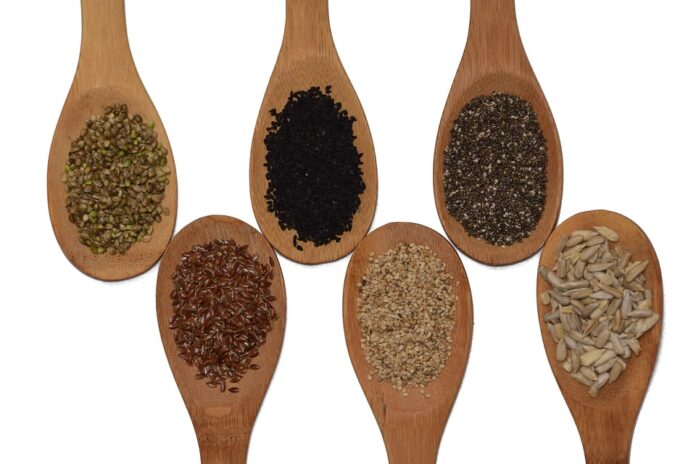Climate Change and Hemp Seeds Farming Challenges and Adaptation Strategies
Introduction
Climate change is a pressing issue that is impacting agricultural practices worldwide. Hemp seeds farming, in particular, faces challenges due to the changing climate patterns. In this report, we will explore the challenges faced by hemp seeds farmers and the adaptation strategies they can implement to mitigate the effects of climate change.
Challenges Faced by Hemp Seeds Farmers
One of the main challenges faced by hemp seeds farmers is the unpredictability of weather patterns. Climate change has led to more frequent and severe weather events such as droughts, floods, and heatwaves, which can negatively impact hemp crops. Additionally, changes in temperature and precipitation patterns can alter the optimal conditions for hemp cultivation, leading to decreased yields and lower quality seeds.
Another challenge is the increasing prevalence of pests and diseases. As temperatures rise, pests that were once limited to certain regions may now thrive in new areas, posing a threat to hemp crops. Farmers may have to invest more resources in pest control measures, which can increase production costs.
Financial Data
According to a report by Grand View Research, the global industrial hemp market size was valued at $4.71 billion in 2020 and is expected to grow at a compound annual growth rate of 15.8% from 2021 to 2028. The increasing demand for hemp seeds and their byproducts, such as CBD oil and hemp protein, is driving the growth of the market.
Adaptation Strategies for Hemp Seeds Farmers
One adaptation strategy for hemp seeds farmers is to diversify their crops. By growing a variety of crops alongside hemp, farmers can spread their risk and ensure a more stable income stream. Diversification can also help farmers adapt to changing climate conditions by planting crops that are more resilient to extreme weather events.
Implementing sustainable farming practices is another key strategy for adapting to climate change. Practices such as crop rotation, cover cropping, and water conservation can help improve soil health, reduce greenhouse gas emissions, and increase the resilience of hemp crops to climate change impacts.
Industry Insights
Several companies in the hemp industry are already implementing adaptation strategies to mitigate the effects of climate change. For example, Hemp Farmacy, a leading hemp retailer, sources its hemp seeds from farmers who use sustainable farming practices to reduce their environmental impact. By supporting these farmers, Hemp Farmacy is promoting a more sustainable and resilient hemp supply chain.
In conclusion, climate change poses significant challenges to hemp seeds farming, but with the right adaptation strategies, farmers can mitigate these challenges and ensure the long-term sustainability of their crops. By diversifying their crops, implementing sustainable farming practices, and collaborating with industry partners, hemp seeds farmers can adapt to the changing climate conditions and continue to thrive in the face of adversity.




